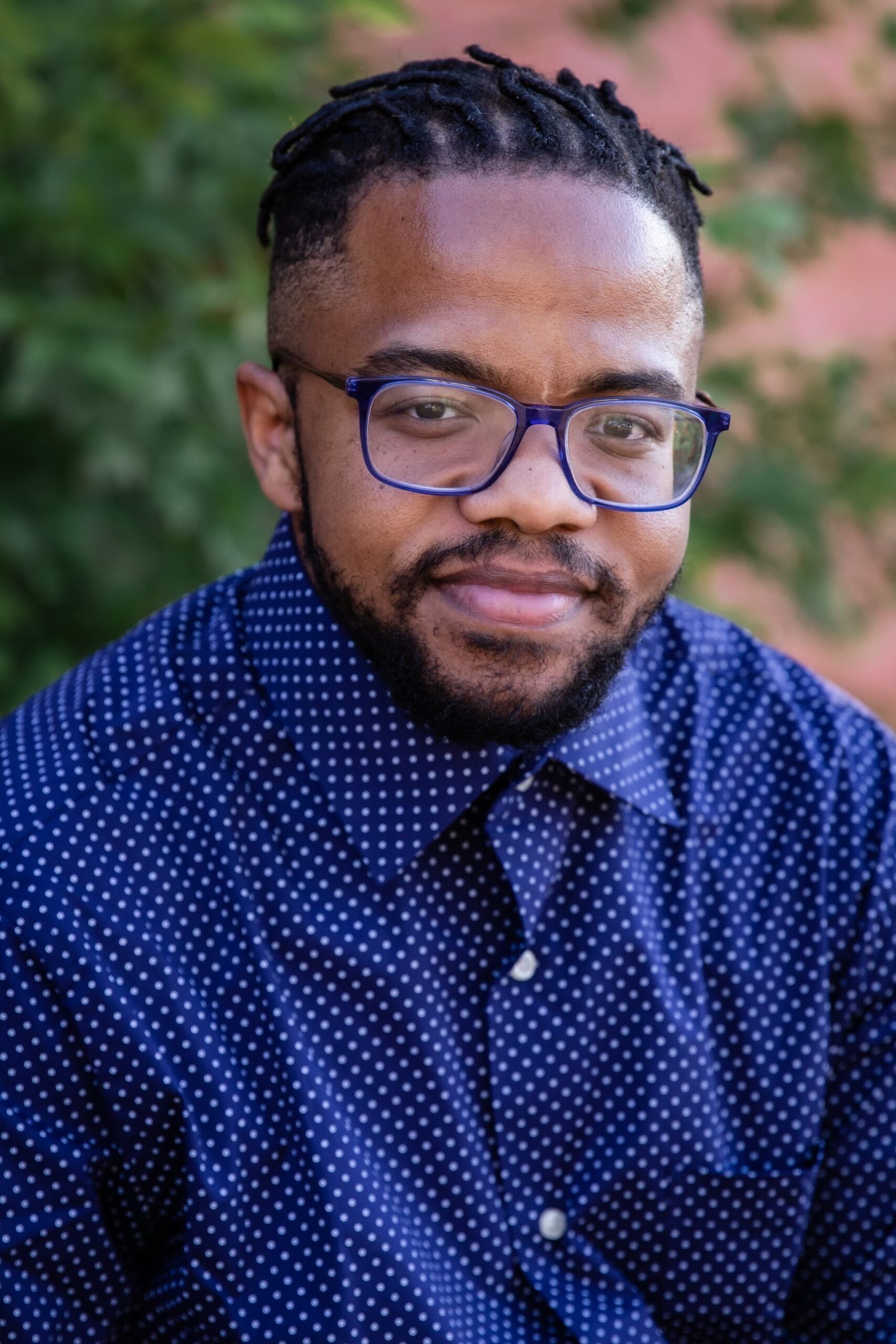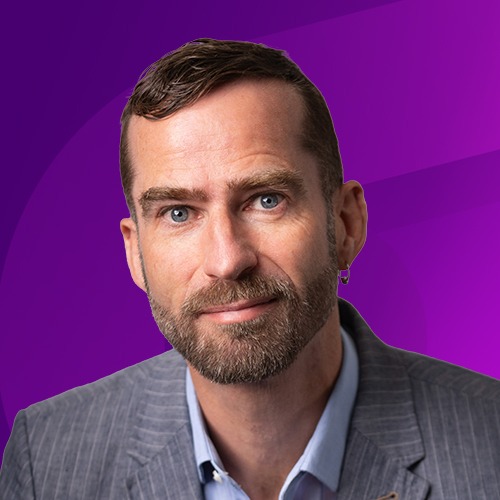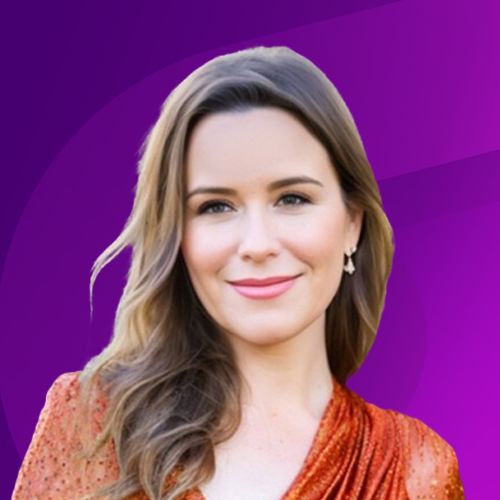Recent events have brought Risk and Resilience to the forefront. Our Gamechangers in Resilience interview series aims to share inspiring stories of leaders who have successfully helped their companies and communities to flourish in the face of the unimaginable.
This February, in celebration of Black History Month, we are highlighting the contributions of leaders in our Black community.
Ray Holloman is an Information Technology and Disaster Recovery expert. Currently leading Enterprise Disaster Recovery at F5, Ray is skilled in Disaster Recovery Planning, Application Impact Assessments, process improvement, training, and education. Ray is a featured presenter at many industry events, and is known for his career development work with teens in his local community.
Q: How did you end up in the field of Resilience?
A: My Information Security Masters Capstone was focused on Disaster Recovery. Through my network, I had heard of an opening, and I’ve been doing a Disaster Recovery and Resilience work ever since.
Q: You have a particular passion for IT Resilience. What guidance would you give those that are trying to navigate challenging times bolstering their technology and data resilience?
A: The unfortunate thing is that none of the work we do in Disaster Recovery is really cheap. That means we need to do the work incrementally. For example, if you don’t have a good backup policy in place, start doing your backups. Once you have that, testing backups is the next step.
Technology can be expensive to implement. Even just getting hardware can be a challenge due to supply chain impacts.
Start small and build sustainably to those larger impacts.

Q: How are you a different leader now than you were prior to the pandemic?
A: I do more through email and messaging versus always trying to have a meeting for things. If I can do something in a few messages, why am I going to do a meeting for everything? Can I do something really quickly and get a response?
Q: We are taking some time out to highlight the contributions of Black leaders in Resilience this month. How has being Black influenced your career experiences?
A: I stand out in a room wherever I go because there aren’t always people that look like me but that also means people remember me.
Being different has its advantages.

Q: What advice would you give professionals of color who are earlier in their career journey?
A: Find support or somebody that you can bounce ideas off. It doesn’t even have to be a formal mentor relationship. I’ve had plenty of people throughout my career to ask, “Hey, I’m going to take this to my manager” or “What do you think about this?”
Be patient with yourself.
In the media, we continue to see that black and other people of color are targets for hate and discrimination.
It can be hard trying to come to work as the same person you normally are on some of those days so we have to be gently with ourselves and have a workplace that allows for space and grace as well.
Q: What advice would you give to teams who are looking to be more diverse and inclusive?
Be intentional about it and not do it because it’s the thing to do, but actually making sure that your culture is going to be supportive of this change. . Bringing in focused effort on Diversity, Equity and Inclusion (DEI) without the right supports and culture internally does not help with sustained change at all.

Q: What is the leadership playbook you are writing for yourself in real-time?
A: Manage my time to make sure that I have a good work-life balance. I’ve been in jobs where like I’ve always had to be available. I’m now in a position where like I can actually say “Hey, I will get back to you when I get home from the gym.” And people understand! So it’s really being able to model that work-life balance because it’s so important. It’s increased my ability to do more because I am taking that time for self care.
Take a step back so you can give your work the best you can.
Q: What is the hardest part about leadership in crisis?
A lot of people want to be in charge but sometimes just don’t want to listen. They want the role of being a leader without being ready for what that entails. Who leads the leaders? Everyone’s thinking about their leadership roles and not thinking about what are we doing overall and what that impact is to the effort.
Q: You also do a lot with the community. What are the most common themes that come up when you mentor and coach kids?
I volunteer at the most diverse High School in the state of Tennessee and so you get a lot of kids that do not see themselves reflected in the professionals that come to volunteer. They want to know, “How do I get to where you are?”
They don’t always have people in their lives outside of the school that can help them get there. I was fortunate to have a good family friend who showed me into IT and now I want to give back.
I try to be that person for them.














